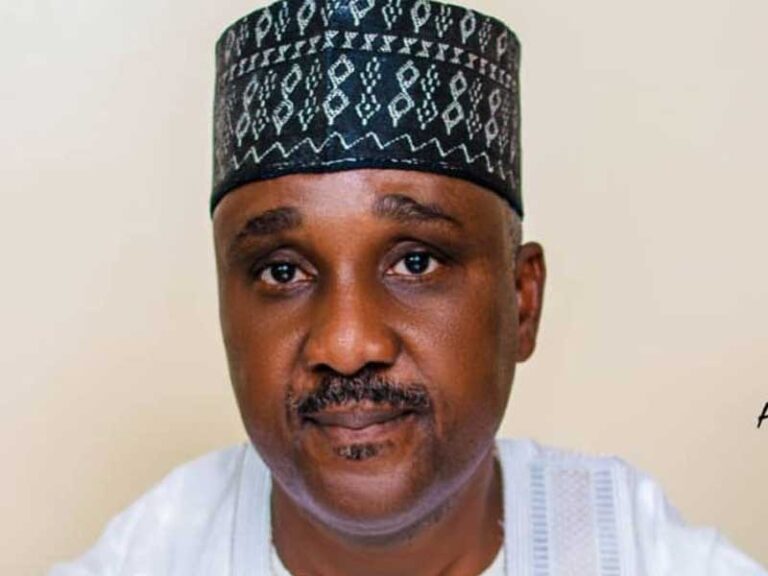The National Dialogue on Local Government Autonomy, held in Abuja, has brought renewed focus to the longstanding issue of empowering local governments in Nigeria. Organized by the House of Representatives Committee on Constitutional Review, the event served as a platform for robust discussions among lawmakers, experts, and stakeholders.
The Speaker of the House of Representatives, Dr. Tajudeen Abbas, represented by Deputy Speaker Mr. Benjamin Kalu, reiterated the 10th Assembly’s dedication to achieving this goal. Dr. Abbas emphasized that granting local governments independence is critical for driving socio-economic development at the grassroots level. He noted that the Assembly is engaging with relevant stakeholders to push the agenda forward, despite decades of stalled efforts.
For over 20 years, local governments have remained largely under the control of state governments, limiting their ability to serve their communities effectively. The dialogue spotlighted the persistent challenges, including constitutional hurdles and political resistance, that have hindered progress. Dr. Abbas described local government autonomy as an essential reform that would enable grassroots governance to meet the needs of the population.
Prominent voices at the event highlighted both opportunities and risks associated with autonomy. Senator Adams Oshiomhole, a former Edo State governor, expressed his support for the initiative but warned against potential abuses. He underscored the importance of establishing systems to ensure accountability and transparency once autonomy is granted.
The Emir of Lafia, Retired Justice Sidi Bage, offered a different perspective, advocating for the integration of traditional institutions into local government administration. According to him, including traditional leadership in governance could enhance stability and effectiveness at the grassroots level.
Other speakers pointed out systemic flaws that have undermined the role of local governments. Scholars and civil society representatives criticized the lack of truly democratic elections at the local level, arguing that this has perpetuated inefficiency and failed to reflect the people’s will. Without autonomy, local governments remain unable to address pressing community needs or drive sustainable development.
The National Dialogue was seen as a critical step toward overcoming these challenges. Participants emphasized the need for careful planning and strategy refinement to ensure local government autonomy is not only achieved but also implemented effectively. The event underscored a growing consensus that empowering local governments is essential for Nigeria’s broader socio-economic growth.

